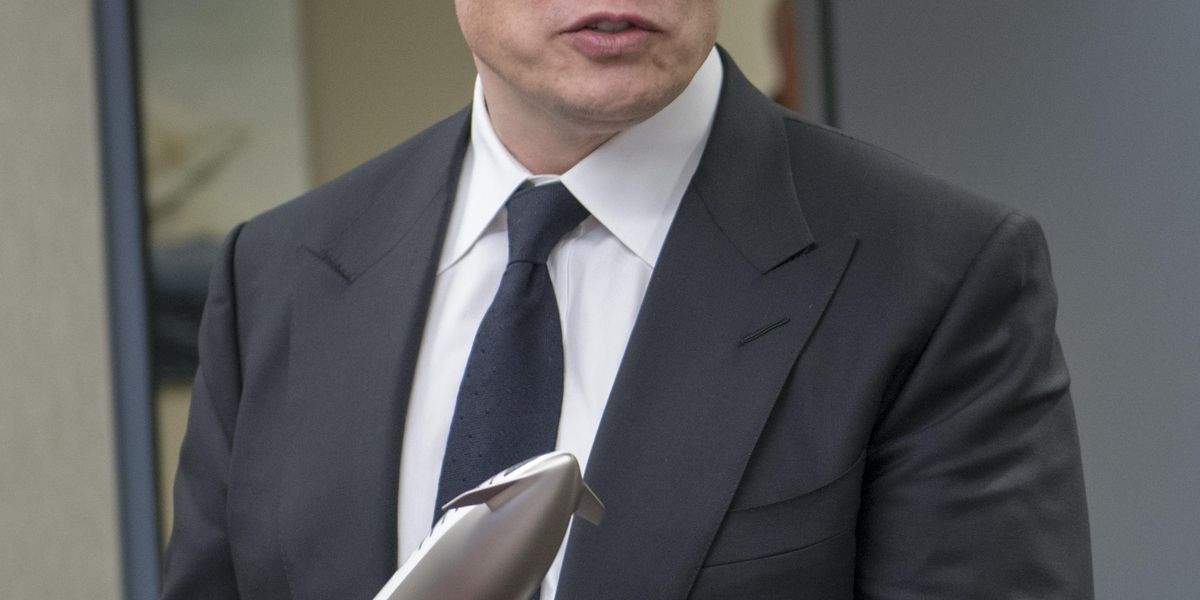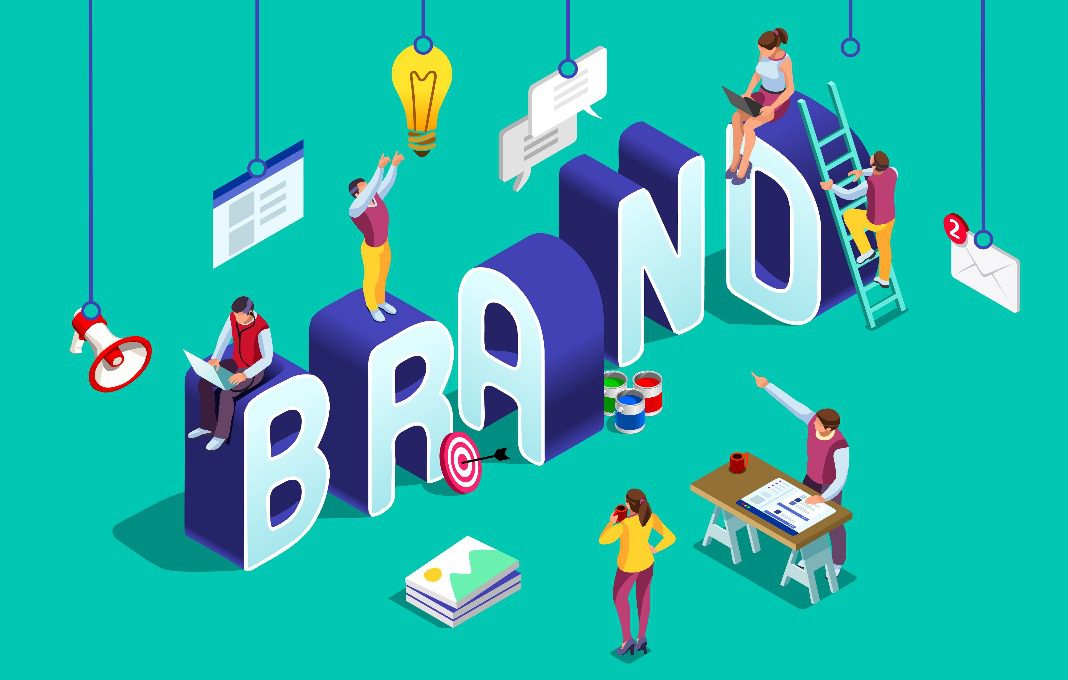Last week, in an apparent attempt to light $44 billion on fire, Elon Musk closed the deal to buy Twitter. In some sense, he had no choice after making essentially a no-strings offer to buy the company at $54.20 a share (LOL if you’re 12). He then paid his lawyers tens of millions of dollars to try to invent some strings when the value of both Twitter’s and Tesla’s stock declined precipitously, making the math on the target company and Musk’s main collateral go even more cattywampus. But when it became clear that a court in Delaware was going to force him to go through with it, Musk tapped out and agreed to fork over the cash.
“The bird is freed,” he tweeted jubilantly on Thursday, October 27, which makes perfect sense if your definition of “free” means a billion dollar annual interest payment for a company that only turned a profit in two of the last 10 years, and which had $630 million in cash flow in 2021. Musk then spent the weekend amplifying filthy lies about the attack on Speaker Nancy Pelosi’s husband, to the delight of his conservative troll fanboys; deleting his tweet, to the outrage of his conservative troll fanboys; and attacking the New York Times for pointing out that he’d been taken in by obvious misinformation.
He also spent the weekend shitting on Twitter employees, which is just CEO 101, and tweeting out a promise not to turn the asylum over to the inmates just yet — “To be super clear, we have not yet made any changes to Twitter’s content moderation policies.” This last was widely interpreted as a plea to advertisers not to abandon the platform, even as it was immediately flooded with a tide of racial slurs.
“Finally, the truth that carbs are amazing can be said on this platform! #FreeSpeech,” he joked plaintively, as if the problem with this site was woke bias against pastries.
Perhaps Musk was extra sensitive to criticism from the Timesafter it reported that he was racing to fire employees at every level before November 1 — under dubious “for cause” claims, because he loves to pay lawyers, we guess! — to avoid paying out golden parachutes and options that were about to vest. Indeed, Musk has been reported to be contemplating terminating between 50 and 75 percent of the company’s workforce while trying to innovate and overhaul the platform. Which seems like the equivalent of designing a car that spontaneously combusts on the regular so, yeah, that tracks.
Investigative journalist Dave Troy makes a good case that Musk doesn’t actually care if Twitter makes money. He and his fellow billionaires subscribe to the church of “tech fundamentalist solutionism that posits that for any difficult problem, there must be a technical solution,” and anyway, “the only thing that matters is humanity’s future in space, and that the only goal of the living is to maximize the number of future humans alive, as well as the number of artificial intelligence instances that could possibly exist in the future.”
Which is cool, but here on Planet Earth, he’s still got to service the debt he just piled on the company, and so The Verge is reporting that Musk’s galaxy brain plan is to charge users $20 monthly for a blue check mark.
The directive is to change Twitter Blue, the company’s optional, $4.99 a month subscription that unlocks additional features, into a more expensive subscription that also verifies users, according to people familiar with the matter and internal correspondence seen by The Verge. Twitter is currently planning to charge $19.99 for the new Twitter Blue subscription. Under the current plan, verified users would have 90 days to subscribe or lose their blue checkmark. Employees working on the project were told on Sunday that they need to meet a deadline of November 7th to launch the feature or they will be fired.
This plan would seem to suffer from one or two defects. Such as it confuses the product (i.e. the user-generated content which powers the site) with the customer (i.e. the companies that pay to stick their ads in your feed). And it ignores the well-known tenet of behavioral economics that you cannot get people to pay cash money for something when you already told them the value is ZERO — or if not zero, then some invisible intrusion into your privacy that only becomes apparent during a nip-slip when the company inadvertently reveals that it’s selling your data to companies intent on ratfucking an election and destroying civil society.
The whole point of verification was supposed to be that it prevented celebrities like, say, Elon Musk, from being constantly impersonated by spammers and scammers. Along the way it became a signifier of clout, of course, not least because Twitter strongly encourages just that effect. Once you get verified, you find that you can limit your notifications to only verified accounts; that you get bumped to the front of the queue in Twitter spaces; and that suddenly your posts are getting seen by a whole lot more people.
Of course that looks like low-hanging fruit to someone who thinks the professionals who have been plugging away at a problem in granular detail for years on end cannot possibly understand any issue as well as some supergenius dilettante who knows nothing about running a social media platform. Does he think government agencies are going to fork over $240 every year to hang out on a platform overrun by Nazis? Or that it would be cool if there were 700 different unverified accounts purporting to be the Food and Drug Administration, with 693 of them saying Bill Gates hid syphilis in the flu shot as part of a plot to depopulate the earth? Exactly how would this improve Twitter’s bottom line?
The best explanation for all this comes from Verge editor Nilay Patel, who hosts the excellent Decoder podcast. In a recent piece entitled “Welcome to hell, Elon,” he laid out the problem of trying to monetize an asset whose very value is based on the content moderation algorithms you claim to despise.
You fucked up real good, kiddo.
Twitter is a disaster clown car company that is successful despite itself, and there is no possible way to grow users and revenue without making a series of enormous compromises that will ultimately destroy your reputation and possibly cause grievous damage to your other companies.
I say this with utter confidence because the problems with Twitter are not engineering problems. They are political problems. Twitter, the company, makes very little interesting technology; the tech stack is not the valuable asset. The asset is the user base: hopelessly addicted politicians, reporters, celebrities, and other people who should know better but keep posting anyway. You! You, Elon Musk, are addicted to Twitter. You’re the asset. You just bought yourself for $44 billion dollars.
Social media is hard enough when you understand the First Amendment, which, to his credit, Mark Zuckerberg does. He has always treated Facebook like a business, and while he can spout platitudes about the coming techno-utopia like the rest of his cohort, he knows how to use his site to make money. Or at least he did know it at one time. As tech writer Ed Zitron points out, the OG Boy Wonder is now tilting at virtual windmills, convinced that what we all want, after years of social isolation, is to exist in an airless digital ecosystem populated by currently legless avatars. And to finance it, he’s turning Facebook into a low-rent wasteland, even as TikTok eats its lunch.
Because when you’re a billionaire, they let you do it. You can grab your company by the pussy, and there’s no one to stop you:
Tech is no longer populated by weird dorks that have used their smarts to grow from obscurity to luxury – every hero has outstayed their welcome, devoured by their hubris, greed, and desperation. Zuckerberg isn’t the kid from the social network – he’s the ultra-rich guy burning his company to the ground while buying up acres of Hawaiian soil. Travis Kalanick isn’t the guy who changed transportation – he’s the aggressive demagogue who oversaw the creation of newer, shittier form of employment.
And Elon Musk used to be the cool rocket guy who sold electric cars. Instead, he’s likely to be remembered more for making a great deal of noise, upsetting a great deal of people, and wasting a great deal of money.
It’s fucking brutal. And every word of it is true.
[NYT / Dave Troy Medium / The Verge / The Verge / Ed Zitron Substack]
Follow Liz Dye on Twitter!
Click the widget to keep your Wonkette ad-free and feisty. And if you’re ordering from Amazon, use this link, because reasons.
























































![Key Metrics for Social Media Marketing [Infographic] Key Metrics for Social Media Marketing [Infographic]](https://www.socialmediatoday.com/imgproxy/nP1lliSbrTbUmhFV6RdAz9qJZFvsstq3IG6orLUMMls/g:ce/rs:fit:770:435/bG9jYWw6Ly8vZGl2ZWltYWdlL3NvY2lhbF9tZWRpYV9yb2lfaW5vZ3JhcGhpYzIucG5n.webp)










![Will Twitter be a New World of Pain for Elon Musk? [Infographic] Will Twitter be a New World of Pain for Elon Musk? [Infographic]](https://www.socialmediatoday.com/imgproxy/PTyC8qs3KDiKjiZFQRhble_8zfUZOZ7_kbCKlJKAXrc/g:ce/rs:fill:770:364:0/bG9jYWw6Ly8vZGl2ZWltYWdlL2Vsb25fbXVzay5wbmc.png)











